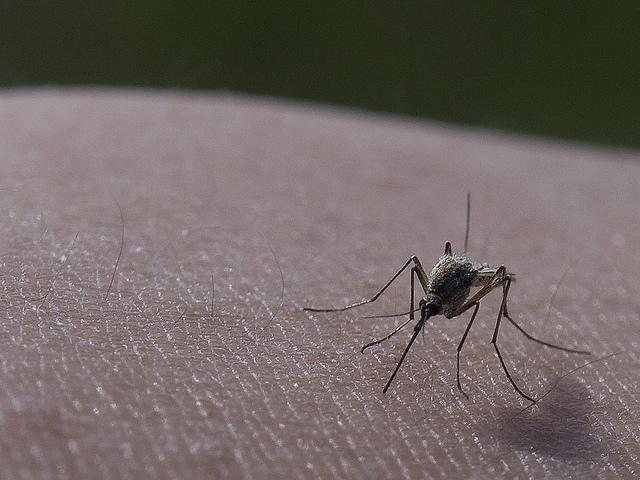
They may be small, but their bites can be mighty.
Mosquitoes are the insects we love to hate—most species consume blood from living vertebrates, including humans, and in the process may transmit harmful, sometimes fatal diseases such as West Nile virus, malaria, and dengue and yellow fever. (Not to mention those itchy red bites that ruin your summer nights.) Surely, someone has argued that the noblest of professions is the scientist who studies the management of mosquito populations.
Which brings us to Dr. Paul Leisnham, Assistant Professor in the Department of Environmental Science and Technology at the University of Maryland. Dr. Leisnham’s research seeks to understand where mosquitoes breed and how they spread diseases—an understanding that wouldn’t be possible, he says, without simultaneously studying the behavior of humans.
Want to know more about the socio-ecological connection between mosquitoes and people? Read more about Dr. Leisnham’s research here.
Further Reading
A member of the SESYNC extended family, Dr. Leisnham mentored one of our 2013 summer interns, Sophie Jin. Read her blog about her internship here.
About SESYNC
The National Socio-Environmental Synthesis Center (SESYNC) is a national research center funded through a National Science Foundation grant to the University of Maryland.
Located in Annapolis, MD, SESYNC is dedicated to solving society’s most challenging and complex environmental problems. Socio-environmental synthesis is a research approach that accelerates the production of knowledge about the complex interactions between human and natural systems. It may result in new data products—particularly ones that address questions in new spatial or temporal contexts or scales—but may also involve evaluating textual or oral arguments, interpreting evidence, developing new applications or models, or identifying novel areas of study.
Above photo: Calgary Reviews, Creative Commons/Flickr